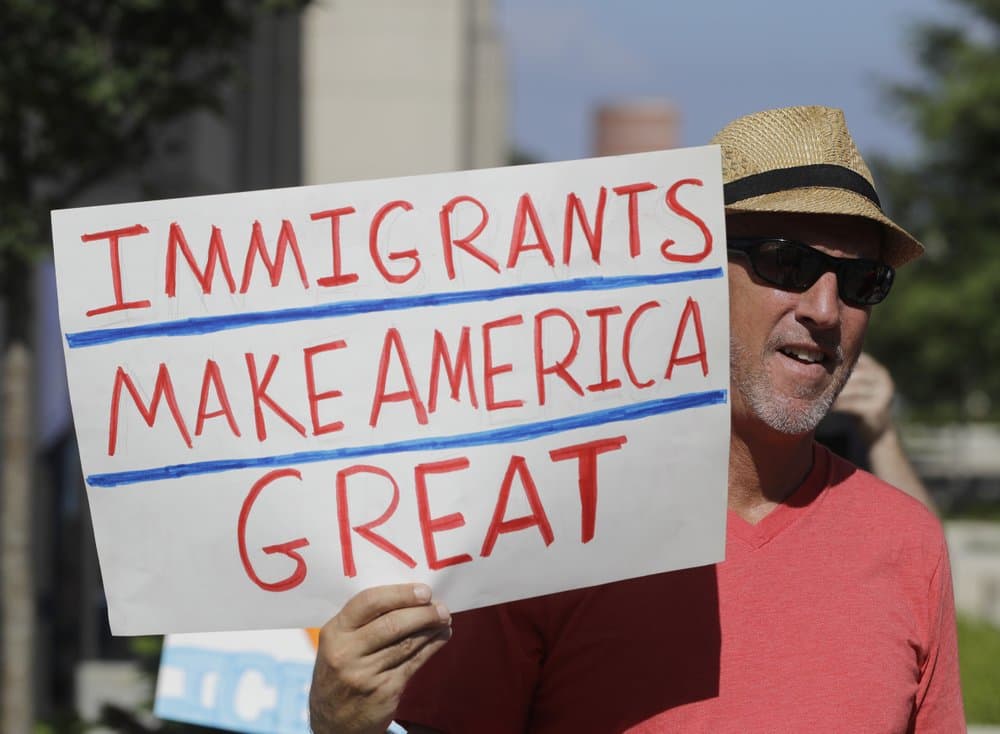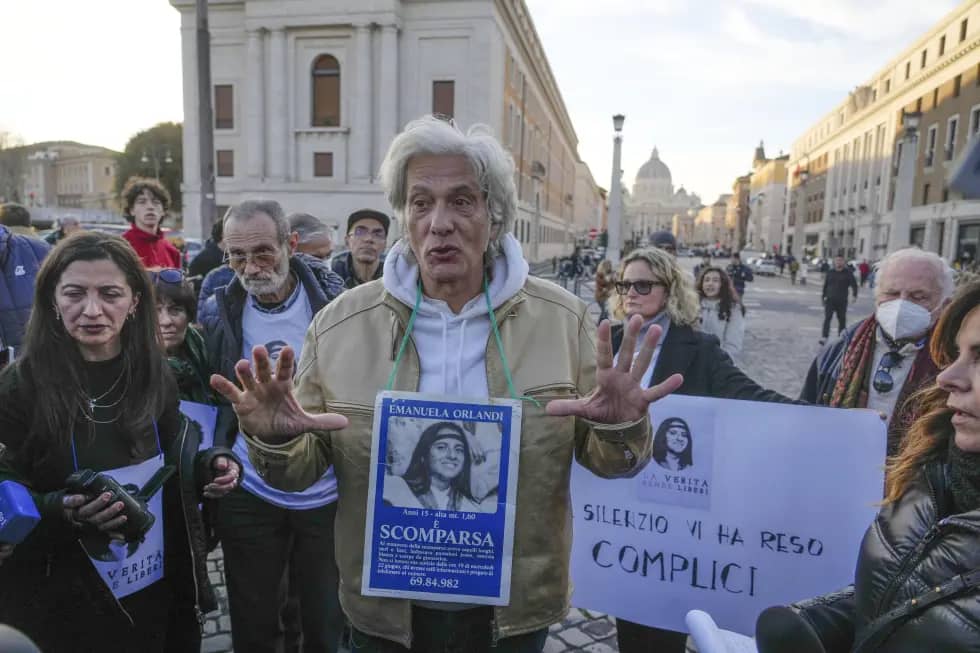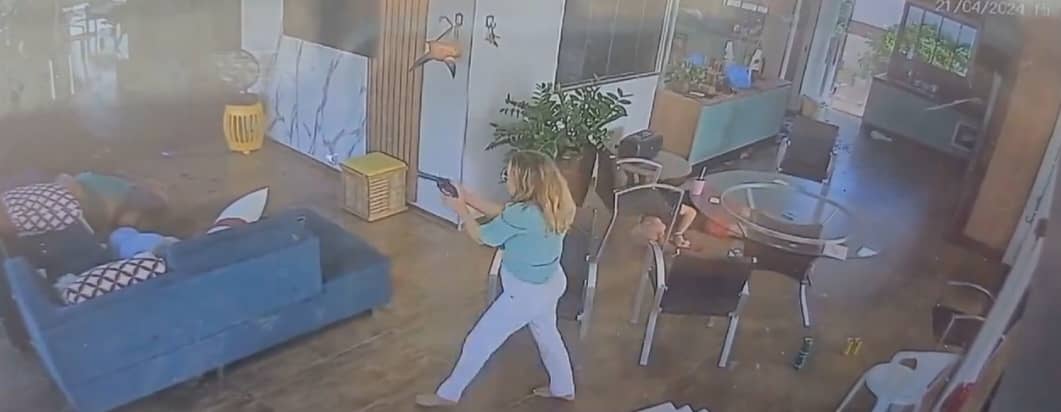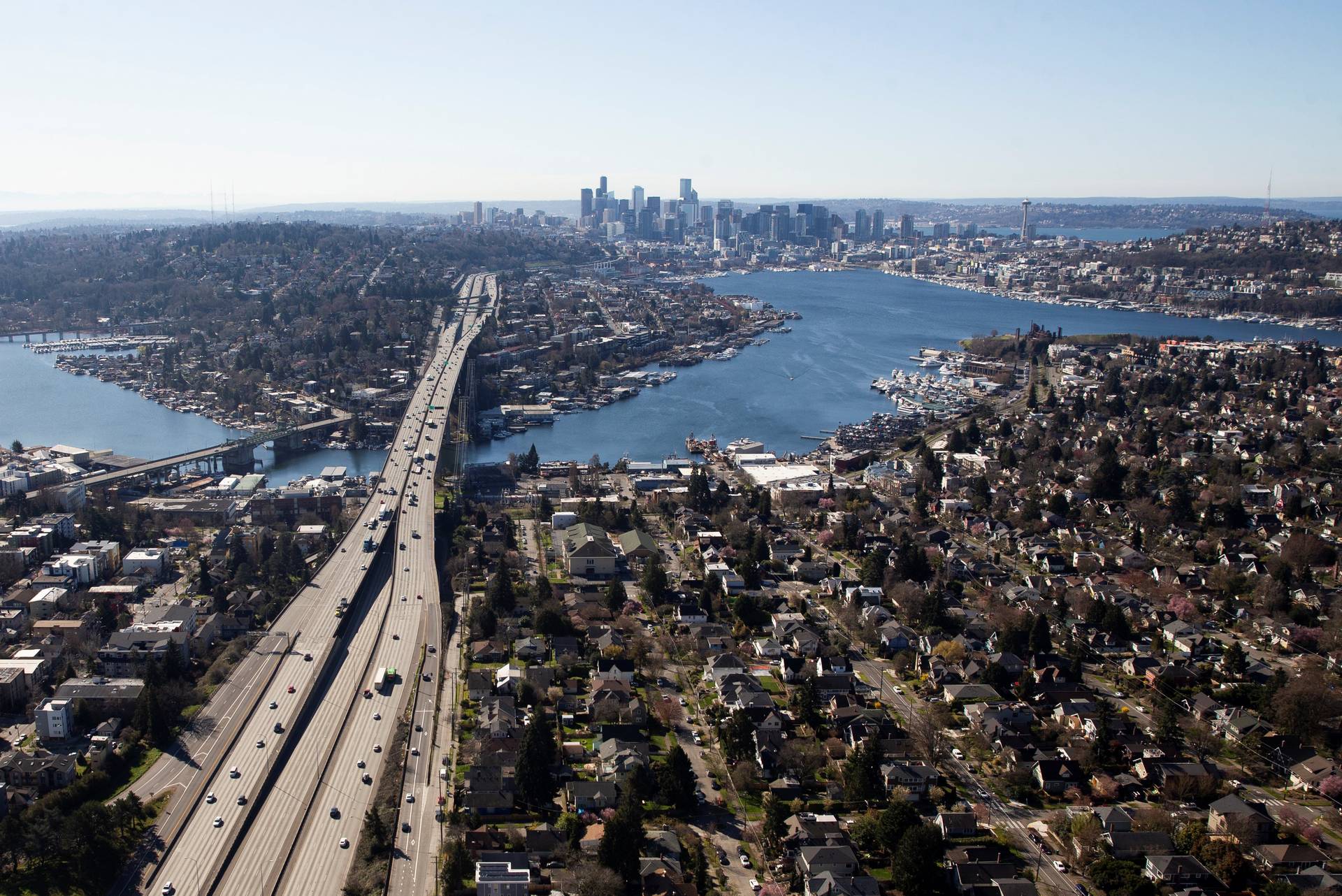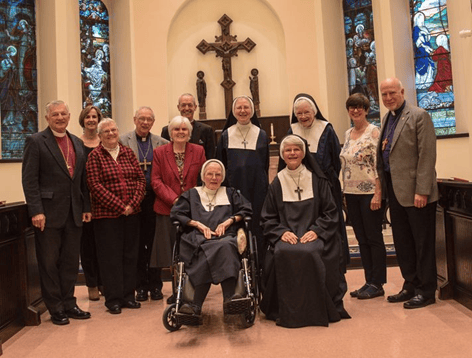INDIANAPOLIS — Carlos Gomez was not able to work at his construction job for three weeks after he tested positive for COVID-19 in April.
“I didn’t know what to do,” he said, “so I went to the emergency room.”
Gomez, 44, who doesn’t have health insurance, a few days later received a $900 bill from his emergency visit to the hospital that he was not able to pay.
Once he recovered, and after a series of calls to friends and others he knew, a group from his church was able to help him financially, he said. Gomez, who is originally from Mexico, has lived in Indianapolis for over a decade and told IndyStar this is the first time he felt the need to ask for help.
That’s why he didn’t know there were resources available to help him.
“It’s tough and uncomfortable. And I can’t be afraid to go to work,” he said. “I was able to recover so I hope that God helps me and that I don’t have to go through that again.”
In Indianapolis, the Immigrant Welcome Center developed a program 14 years ago set up to help empower immigrants like Gomez who might not know about resources available, or who might not feel comfortable enough to ask for help.
The organization’s Natural Helpers program is made up of volunteers —many of them immigrants themselves— helping the immigrant and refugee communities in Marion County find the resources they need to better navigate life in the United States. And recently, efforts by the Natural Helpers have been crucial to helping these communities navigate life in a new country during a pandemic.
Historically, the top places of origin for the Immigrant Welcome Center’s clients have been Mexico, Nigeria, Burma, Guatemala, and Haiti.
The need for these resources among the immigrant and refugee communities has intensified since the coronavirus pandemic hit Central Indiana in March.
On top of working full-time as a chemical engineer, Hank Nguyen, originally from Vietnam, has been working more than 15 hours per week, making wellness checks on immigrant families and joining weekly virtual meetings with other Natural Helpers of the Immigrant Welcome Center.
The group of 60 Natural Helpers has reached out to about 500 families in the past four months who have reported the need for language access, healthcare issues, limited access to technology, food insecurity, and the need for financial and housing assistance.
“People need a lot more food now compared to before (the pandemic),” the 27-year-old said. “And some of the food that is provided at food pantries isn’t Asian, Hispanic or African food so it’s harder for them to cook it but they still appreciate anything.
“Another issue right now is helping them pay rent. I have a lot of clients who also have had their electric cut off because they didn’t have enough money. So we’ve been helping them figure that out.”
From conversations with those families, Natural Helpers reported a 39 percent increase in food insecurity, and 29 percent percent of the people did not know how to access healthcare, Immigrant Welcome Center interim executive director Dana Harrison told IndyStar.
The Immigrant Welcome Center, a nonprofit organization, was founded in 2006 in Indianapolis and has since helped connect thousands of immigrants to social services agencies, community resources, legal services, and has offered English and civics classes, among other services.
The Immigrant Welcome Center’s Natural Helpers speak more than 20 languages and represent 28 countries worldwide. The volunteers are both immigrants and U.S. born individuals who come from all walks of life.
The goal of the group is to help the immigrant community in Indianapolis thrive, Harrison said.
“There are so many stresses that come with moving to a new country. You don’t have your family, you don’t know the language and the culture is so different,” Harrison said. “And if we can help Natural Helpers be even more knowledgeable about our community and learn strategies that can help people define their own success, then that is a beautifully organic way to promote advancement in our community.”
The Natural Helper program trains the group of volunteers as community leaders and educates them about local agencies, organizations, and businesses that provide assistance specifically to immigrants and their families. The volunteers work and build relationships with clients who are seeking legal help, housing options, job opportunities, and more.
Over the years, the center has trained about 198 Natural Helpers.
Francisco Ruiz, 48, is the facility manager at St. Mary’s Catholic Church has been living in Indianapolis since 2007. Originally from Colombia, Ruiz said Hoosiers were quick to help him figure out how to get a driver’s license, where to find English classes and U.S. citizenship classes, among other things, he said.
“People were generous and I wanted to do the same,” Ruiz. “Now every time I reach out to a client, my number one goal is to turn them into a volunteer somehow or a Natural Helper.”
Ruiz has been advocating for immigrant families in Indianapolis and helping them advocate for themselves through the Natural Helper program for about 10 years.
“During this pandemic, I get constant calls from clients asking what to do if they have symptoms, where to go and at the same time I asked them if they have food, enough money or if they’re still employed,” Ruiz said. “We make them aware of the help available and that they need to ask for help.
“As Hispanics, we tend to be shy or get intimidated because we don’t speak the language, so as Natural Helpers, we become like a social worker or a mentor that guides them along through all the processes.”
As of 2018, Marion County has been home to nearly 90,000 immigrants, according to a study released Aug. 7 by New American Economy, a bipartisan immigrant research organization and advocacy group. About 12 percent of those are refugees and 30 percent are undocumented immigrants.
Additionally, despite making up only 9.2 percent of the county’s population, immigrants comprise more than 14.9 percent of all food sector workers and 13.5 percent of all transportation and warehousing workers in 2018, the study states. Working these essential jobs puts immigrant communities at higher risk of COVID-19 infection.
Which then sheds light on healthcare access disparities. In 2018, 111,799 Marion County residents were without insurance, 34 percent of whom were immigrants, the study states.
And there is a demand for culturally sensitive and language accessible emergency materials. According to the study, 30.3 percent of immigrants living in Marion County had limited English language proficiency. The top three languages spoken at home other than English were: Spanish, Burmese, and Chinese, the study states.
Way before the coronavirus pandemic struck Hoosier communities, immigrants had been struggling with housing issues, too. Those issues have not gone away, Belkis Ramirez, who has been a Natural Helper for eight years told IndyStar.
“If they rent a house or an apartment, landlords won’t respond to their needs. Often it’s because they don’t speak their language and if they do, they make people wait,” Ramirez, 38, said. “They pay their bills and even then landlords aren’t responding when they have an emergency with plumbing, air conditioning or mold. It’s easy to ignore and take advantage of people, especially when those people are undocumented and afraid to speak up.”
About 17 years ago, Ramirez got on a plane from Colombia and arrived in Indianapolis. Before learning English, graduating from college, and landing a job at the Marion County Health Department, she worked at a warehouse where she met many other Latino immigrants.
“They told me their stories, their journey, and what they went through and the struggle to get to the United States. I didn’t have to go through that to get here and I realized how blessed I was,” Ramirez said. “That’s when I decided I needed to give back and help my community.”
Ramirez said many people don’t know that for immigrants, coming to the United States is almost like a rollercoaster experience.
“You get here and you feel accomplished like you’ve achieved that ‘American Dream’” she said. “But then reality hits on how difficult it can be, you can experience discrimination, doors can shut and you go from high to low.”
And when people hit bottom that’s when they can fall into addiction, isolation, depression, and deal with other mental health issues, she said.
“And being a Natural Helper can help people help themselves to come out of that,” Ramirez said, “and find the tools they need.
In the Muslim community, there’s still a stigma around mental health
In the past two months, Yasmine Kofahi, 24, has talked to many clients in the Muslim community who have expressed fear, or a need for mental health resources but are scared to reach out.
“We want to keep educating clients on how to approach the idea of mental health and how to make immigrant parents more comfortable with that,” Kofahi said. “We do have a lot of immigrants who are coming from war-torn countries and they do have their own trauma but a lot of times they don’t want to talk about it.”
Kofahi is a teacher and has worked as a Natural Helper specialist for the Immigrant Welcome Center for about nine weeks this summer. Kofahi speaks Arabic and was able to interpret and translate for many families as well.
She said a large number of refugees live in Hamilton County. Many asylum seekers will seek quieter areas to live in after have lived in war-torn countries.
“Even though at the end of the day they’ll face Islamophobia and discrimination when their surrounding is calm and they don’t have to worry about hearing gunshots, it does offer some peace to handle the trauma they went through,” Kofahi said. “They also have a strong faith and lean on it. There’s a saying in Arabic that translates (in English) to ‘we put our trust in God’ and they always use that.”
Natural Helpers say as the pandemic continues, the need for resources and volunteers will be greater in the coming months.
The Immigrant Welcome Center has helped more than 47,000 people this year and moving forward their immediate goals include raising more funds to keep training more Natural Helpers, keep helping other social service organizations in the community how to better serve the immigrant community and helping policymakers understand the immigrant experience, Harrison said.
“We have to be loud advocates for all our foreign-born neighbors and have these conversations with community leaders now more than ever,” Harrison said.
Sunny Shuai, who has been a Natural Helper with the Immigrant Welcome Center for a year, said another way people can help is through empathy and an open mind.
“If you don’t have the money to donate, if you don’t have the time to volunteer, not being judgemental, being understanding and supportive of our communities is huge,” Shuai said. “Be more willing to accept other people from other countries and listen, learn about the cultures.”
Shuai moved to Indianapolis from China about 20 years ago. The entrepreneur owned a restaurant and other businesses a few years ago and is now a realtor. After years of trial and error, and personal ups and downs she’s at a place in her life where she can help others succeed as she has, she said.
“Immigrants, we can do everything, we are strong but we often don’t have the confidence,” Shuai said. “I have made mistakes before but I am much stronger now because of my experience.”
